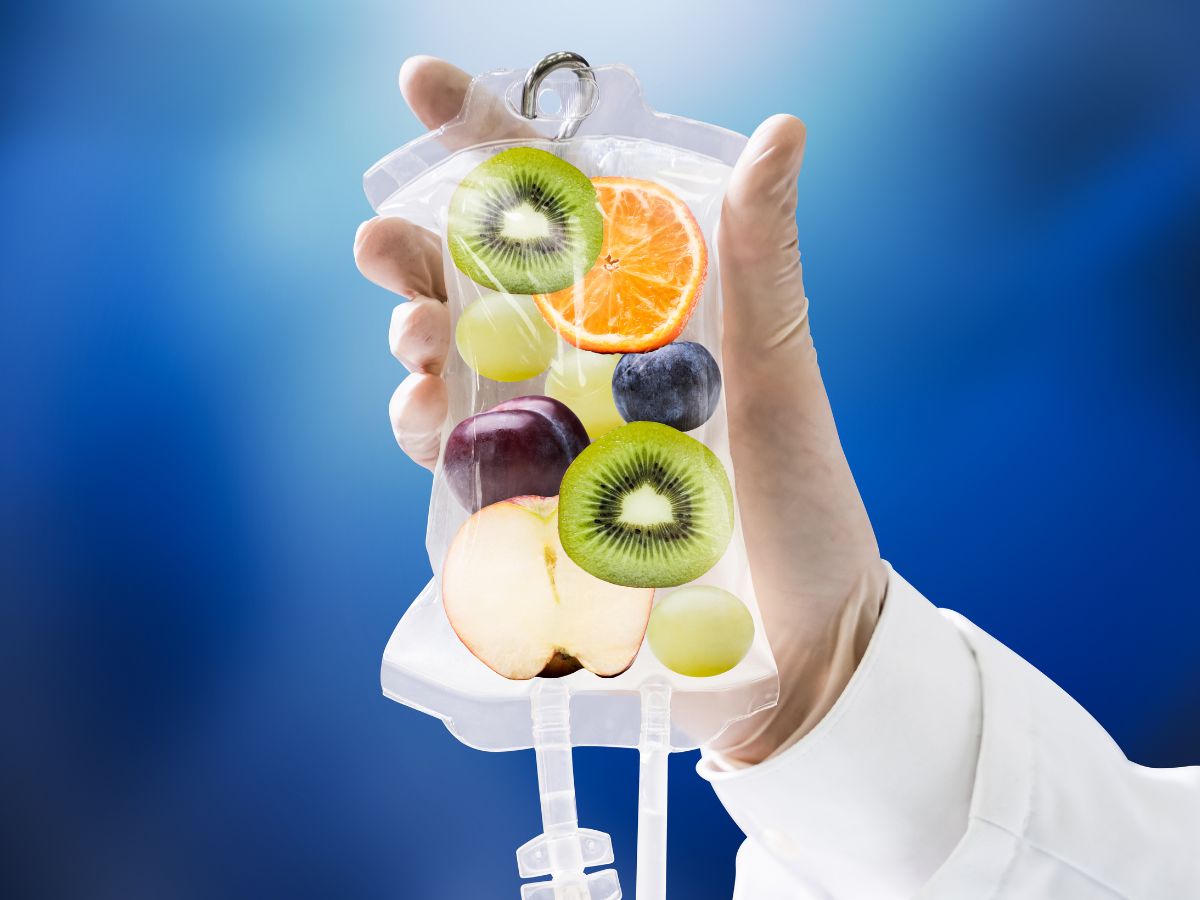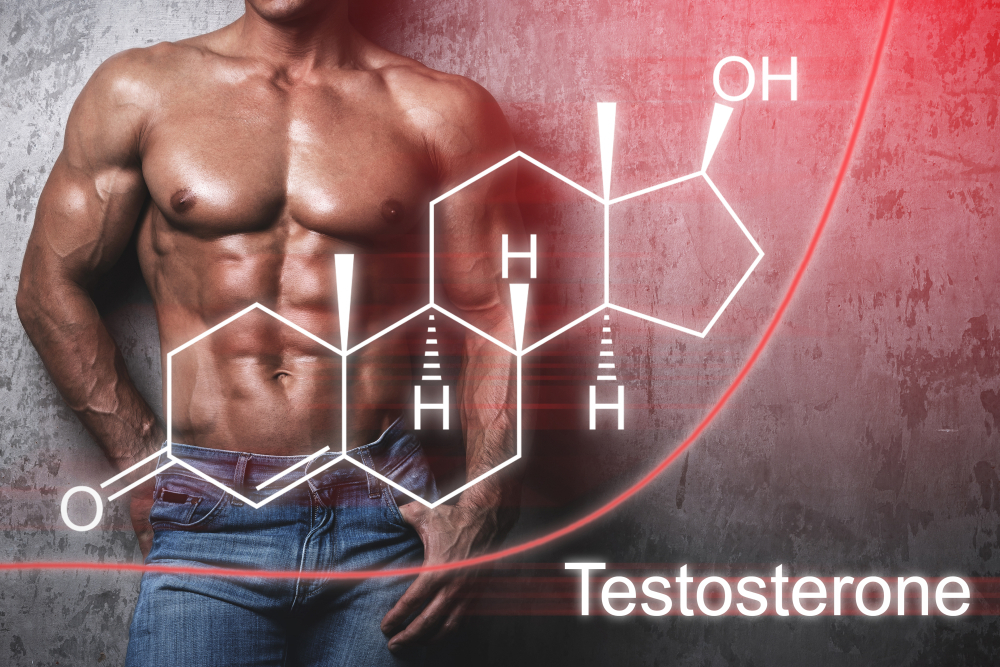Purpose: Glutathione has been shown to be an effective chemoprotector against cisplatin-induced side effects in patients with ovarian cancer. In view of this fact, we performed a randomized clinical pilot-trial in the management of other solid tumors in order to compare application of Glutathione to intensive hydration in patients undergoing chemo with a regimen including cisplatin.
Patients and Methods: Twenty patients suffering from advanced non small cell lung cancer (n = 6) or head- and neck cancer (n = 14) were enrolled in the study. All patients received 80 mg/m2 cisplatin along with etoposide or 5-fluorouracil every 4 weeks. Patients randomized to application of Glutathione (n = 11) received 5 g of Glutathione immediately before application of cisplatin followed by 2000 ml of normal saline. Patients in the control group (n = 9) received 2000 ml electrolyte infusion before and 2000 ml of normal saline with forced diuresis after cisplatin.
Results: The intensity of hematologic toxicity was significantly less pronounced in patients treated with Glutathione than in the control group (hemoglobin: 10.7 vs 9.5 mg% respectively, p = 0.039; white blood cell count 3.3 vs 2.2 x 103/microliter respectively, p = 0.004; platelets 167 vs 95 x 103/microliter respectively, p = 0.02), whereas in terms of non-hematologic toxicity no difference was observed. Objective remission occurred in 6 out of 11 evaluable patients from the group receiving Glutathione (55%; complete remission: 9%; partial remission: 46%), and in 4 out of 8 evaluable patients from the control group (partial remission: 50%). However, there was no statistical difference in terms of response and overall survival (13.5 months vs. 10.5 months) between the two groups.
Conclusion: Application of Cisplatin and Glutathione seems to be safe and feasible and the antitumoral efficacy of cisplatin is apparently not impaired by the concomitant use of Glutathione in patients with solid tumors.


